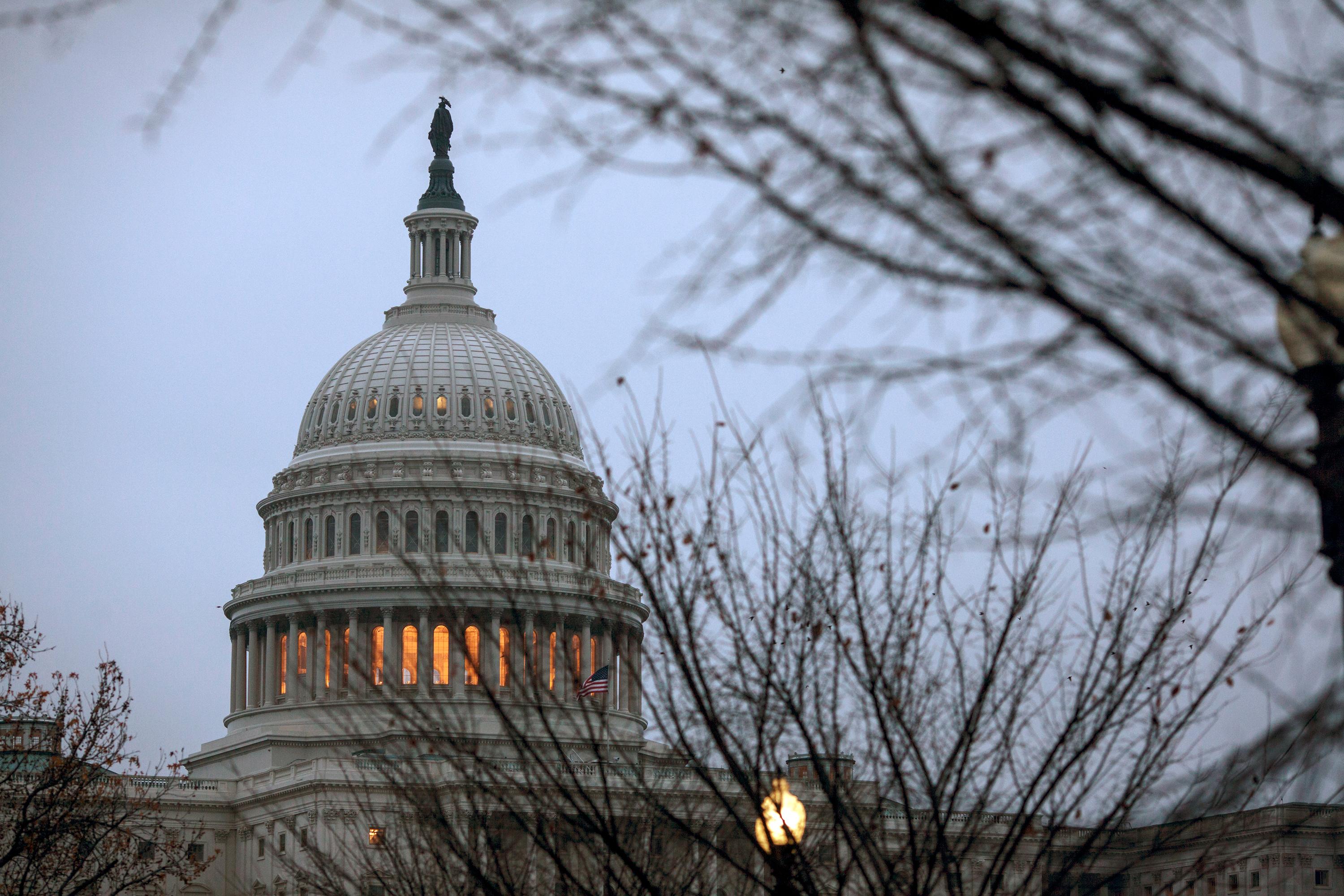

There are winners and losers in the GOP tax bill, and a lot of the coverage has focused on what it means for businesses and individuals, but state and local governments have a lot at stake too.
The Republican plan will add about $1.5 trillion to the federal deficit, yet it potentially will add money to Colorado’s coffers. State budget experts estimate roughly $300 million more in state taxes will be paid as a result.
How, you may ask?
Even though many taxpayers will see a rate cut, people’s taxable income, on average, is expected to increase because of changes with federal deductions. Specifically, line 43 of your federal form — “taxable income” — will be larger. That number carries over onto your Colorado return. Since the Centennial State’s income tax is a flat 4.63 percent of your federal taxable income, a bigger number means more dough coming in.
If state budgeteers’ estimates are right, the general fund increases 3 percent. That’s not a seismically large windfall, but a significant amount nonetheless.
“And right now, we’re just trying to prepare ranges of potential impact,” said Henry Sobanet, the director of the state Office of Planning and Budgeting. “We wouldn’t want to spend this before it came in the door.”
An increase in state tax revenues of this magnitude could, down the line, trigger mandatory refunds thanks to the Taxpayer’s Bill of Rights. There's a TABOR limit on how much the state can collect before having to send some of that tax money back to citizens. This extra money from the federal tax bill will push the state closer to that limit.
Part of the justification for these steep federal tax cuts is to invigorate the economy. (Even if it’s hard to imagine Colorado’s economy any better.) If that happens, and leads to more state tax collections, then there could be state tax refunds sooner rather than later.
- Learn More: The Annotated Guide To What’s In TABOR
Cities, though, have less to gain. The GOP bill limits how much state and local taxes can be deducted from a person’s federal income tax. That could be a problem for some higher-tax places like Denver and Boulder.
Some fear losing that deduction will make it harder to win local tax elections. However, most voters don’t itemize their returns, so most voters won’t feel this change. Denver will likely continue to win its tax increases despite this change, given the margins of victory recent measures have passed by.
Another big impact is a provision in the federal tax reform that eliminates advance refunding. That’s essentially when cities refinance bond debt, much like a homeowner refinancing a mortgage for a lower interest rate. Without that financial tool, they could have higher borrowing costs for bonds for things like city construction, and there’s lots of that on tap in Denver.
It’s not all doom and gloom as cities did get a couple of wins. First, Republicans decided to leave private activity bonds alone. Those are a type of bond commonly used by cities for things like affordable housing. Another win came when the GOP agreed to preserve the historic tax credit.
But Denver Mayor Michael Hancock said these issues, especially private activity bonds, should never have been in the bill.
“That disturbs me, and I think it's a broader question for the American people to ask [congressional Republicans], ‘how would you not know this is such a powerful tool?'”
So, even though local leaders have been frustrated by the speed and closed-nature of the process around the Republican tax plan, many cities are counting their blessings with the final bill.








